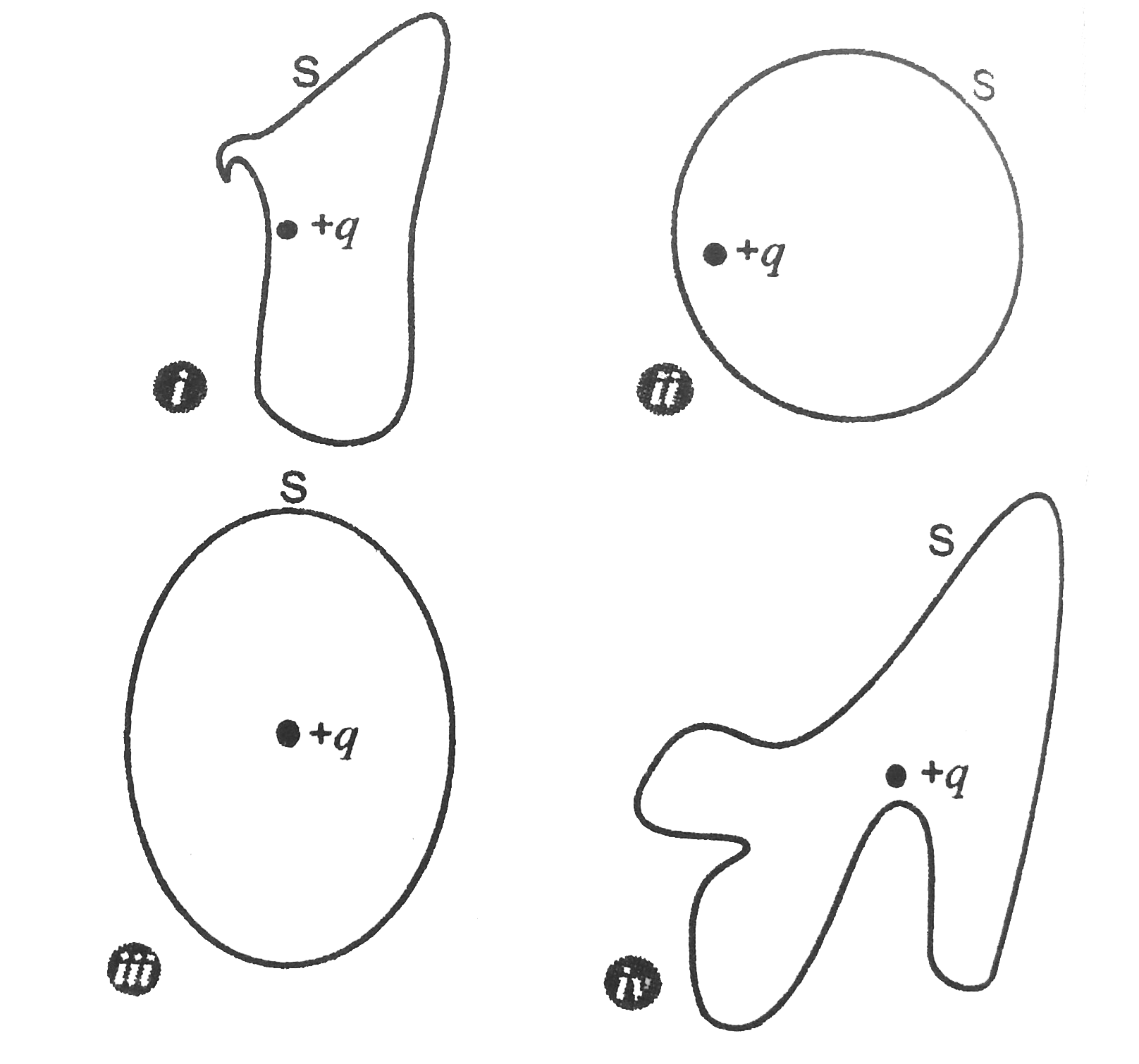..................... pass electricity through them.
Step-by-Step Solution:
1. Understanding the Question: The question is asking for a term that describes materials that allow electricity to pass through them.
2. Identifying Examples: Think about different materials that can conduct electricity. Common examples include metals, water, and even the human body.
3. Defining the Term: The materials that allow electricity to flow through them are known as conductors.
4. Conclusion: Therefore, the answer to the fill-in-the-blank question is "conductors".
Final Answer: Conductors pass electricity through them.
---
Topper's Solved these Questions
- BOOK - ICSECHAPTER - ELECTRICITY AND MAGNETISM EXERCISE - TEST YOURSELF (OBJECTIVE QUESTIONS :) (MATCHING)1videos
ELECTRICITY AND MAGNETISM
- BOOK - ICSECHAPTER - ELECTRICITY AND MAGNETISM EXERCISE - TEST YOURSELF (OBJECTIVE QUESTIONS :) (SELECT THE CORRECT ALTERNATIVE:)8videos
ELECTRICITY AND MAGNETISM
- BOOK - ICSECHAPTER - ELECTRICITY AND MAGNETISM EXERCISE - EXERCISE (PICTURE STUDY)4videos
ELECTRICITY AND MAGNETISM
- BOOK - ICSECHAPTER - ENERGYEXERCISE - EXERCISE (PICTURE STUDY)3videos
ENERGY
Similar Questions
Knowledge Check
- Question 1 - Select One
Electricity can flow through :
AwoodBrubberCplasticDcopper wire - Question 2 - Select One
Electricity does not flow through:
Ahuman bodyBanimal's bodyCrubberDsilver - Question 3 - Select One
when an atomic gas or vapour is excited at low pressure, by passing an electric current through it then
Aemission spectrum is observedBabsorption spectrum is observedCband spectrum is observedDboth a and c
The electric flux through the surface
 View Solution
View SolutionSpinal cord passes through
View SolutionRectum passes through the heart of
View SolutionState whether the following are physical or chemical changes.
passing electric current through a heater's rodView SolutionOn passing 0.1 faraday of electricity through fused sodium chloride,
the amount of chlorine liberated is (At. Mass of Cl=35.45)View Solution

